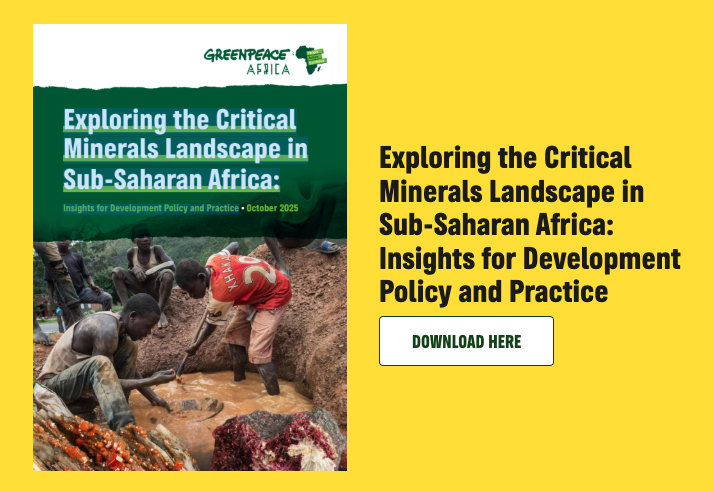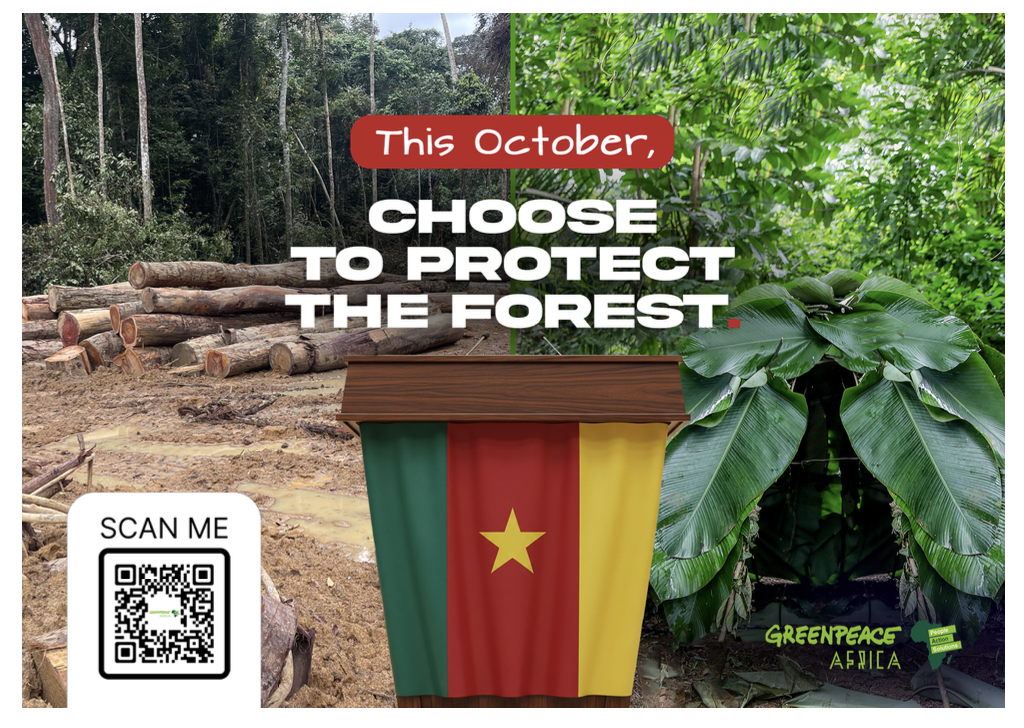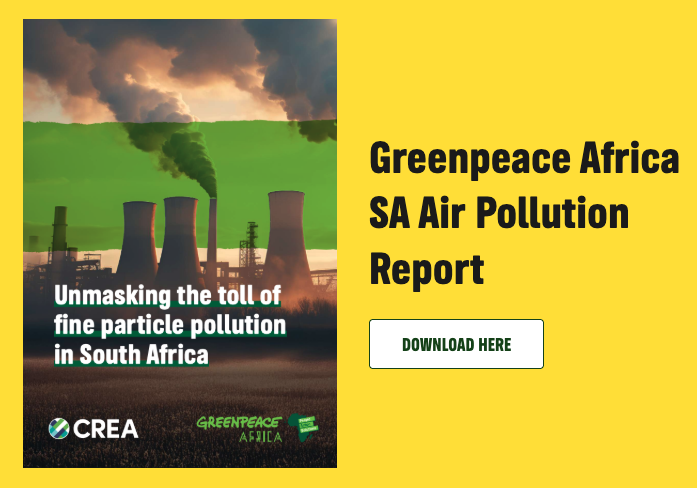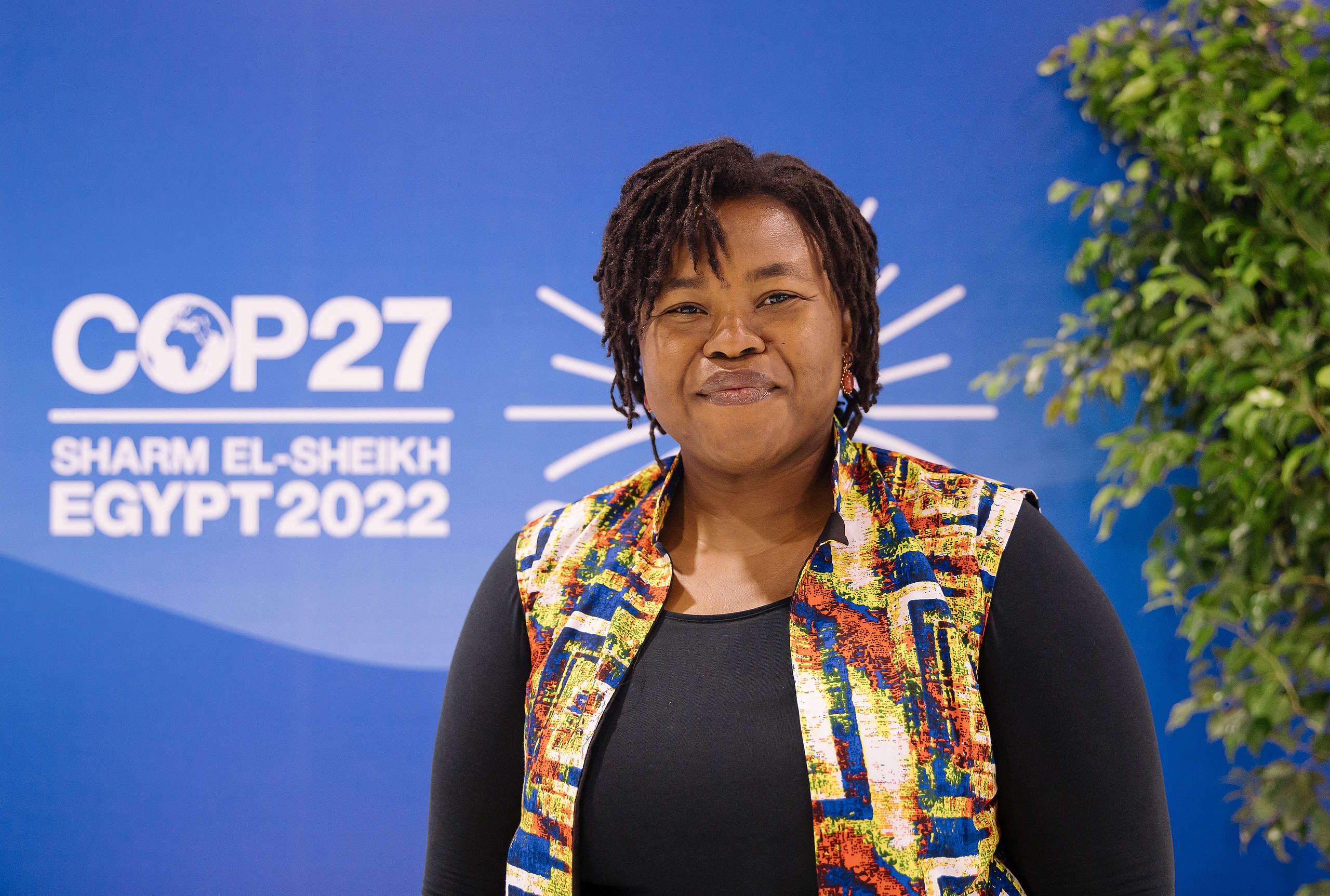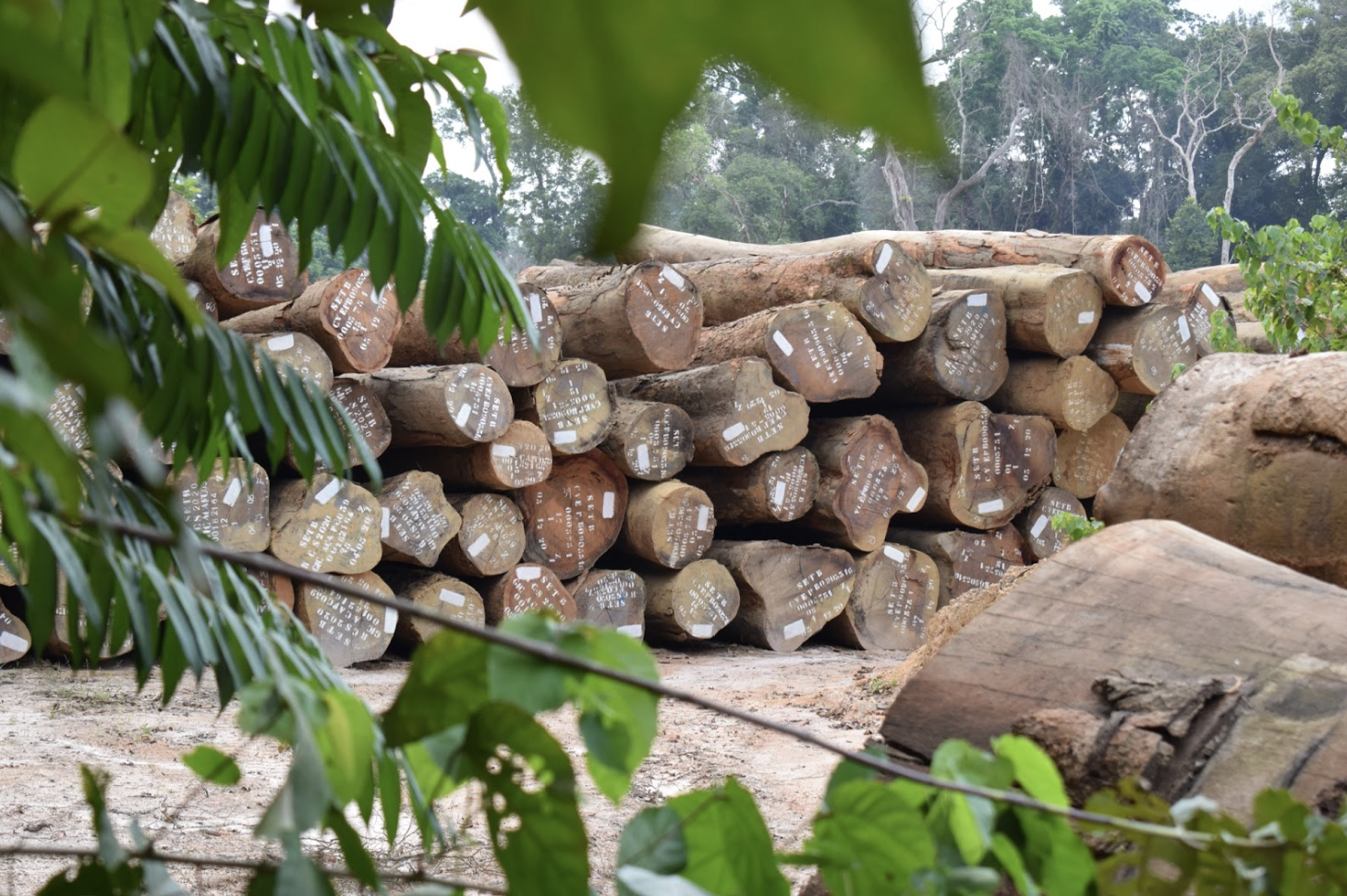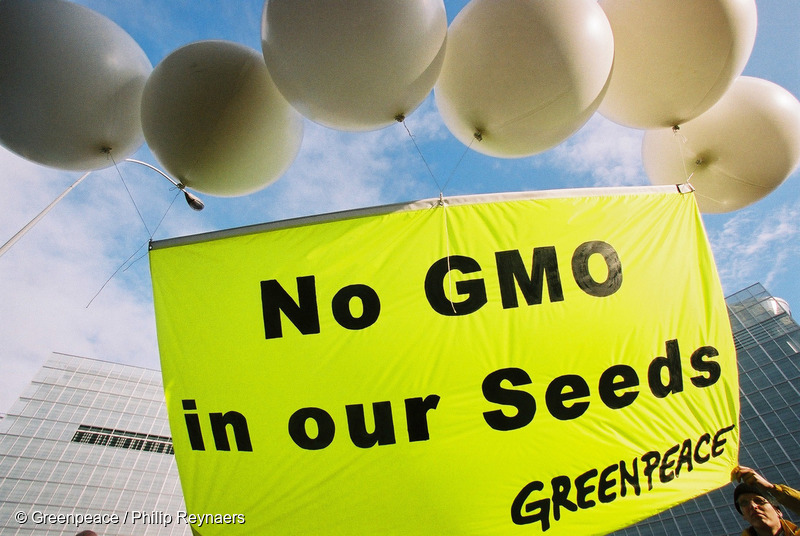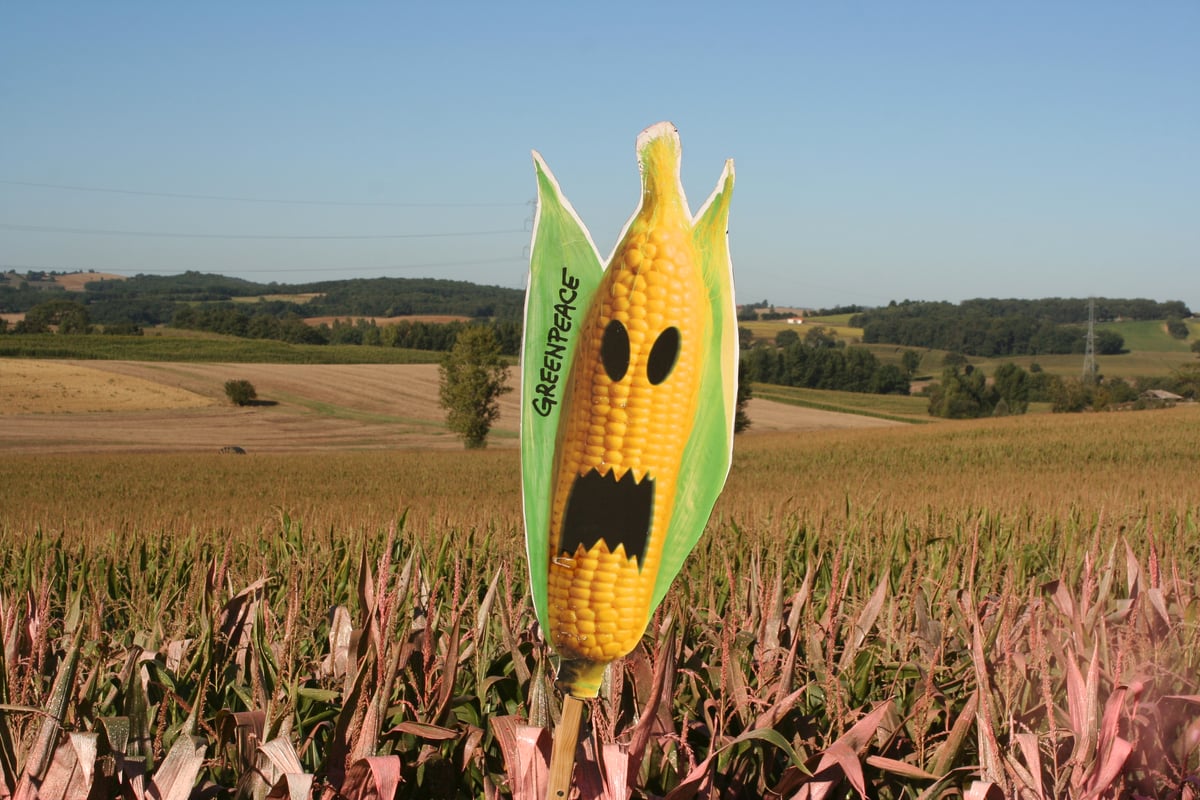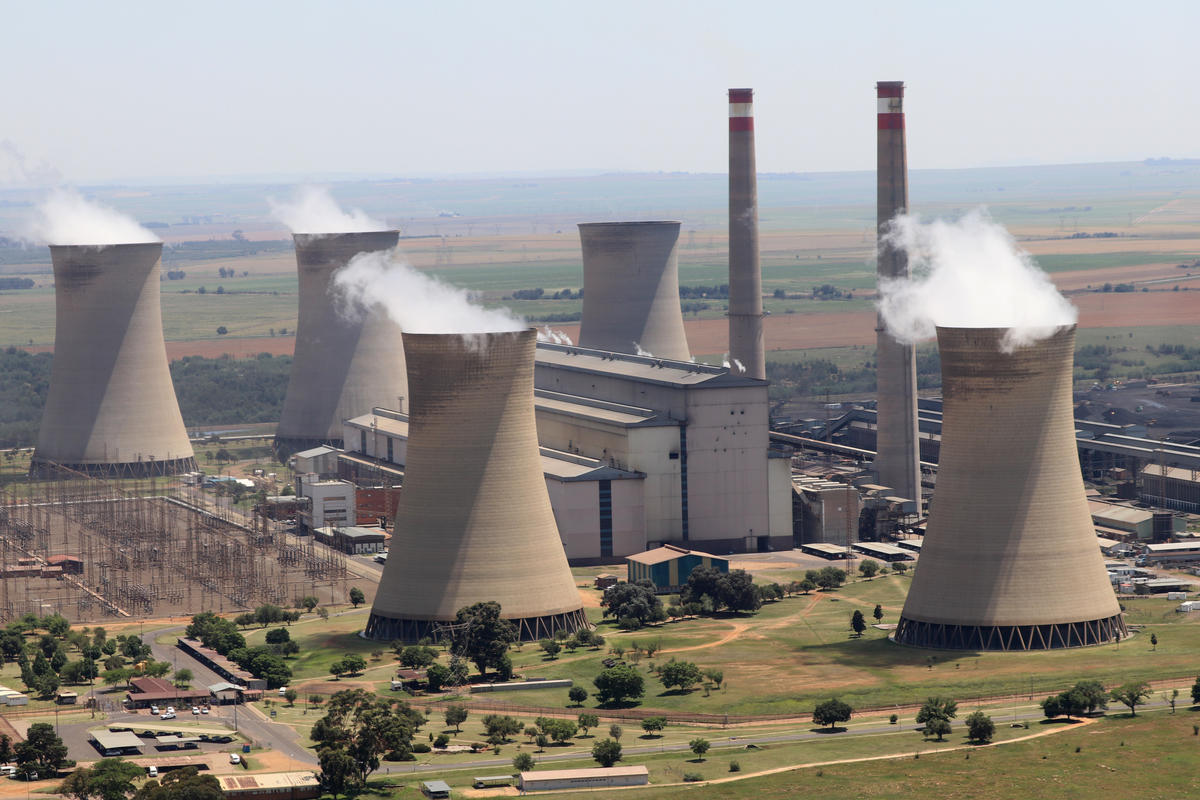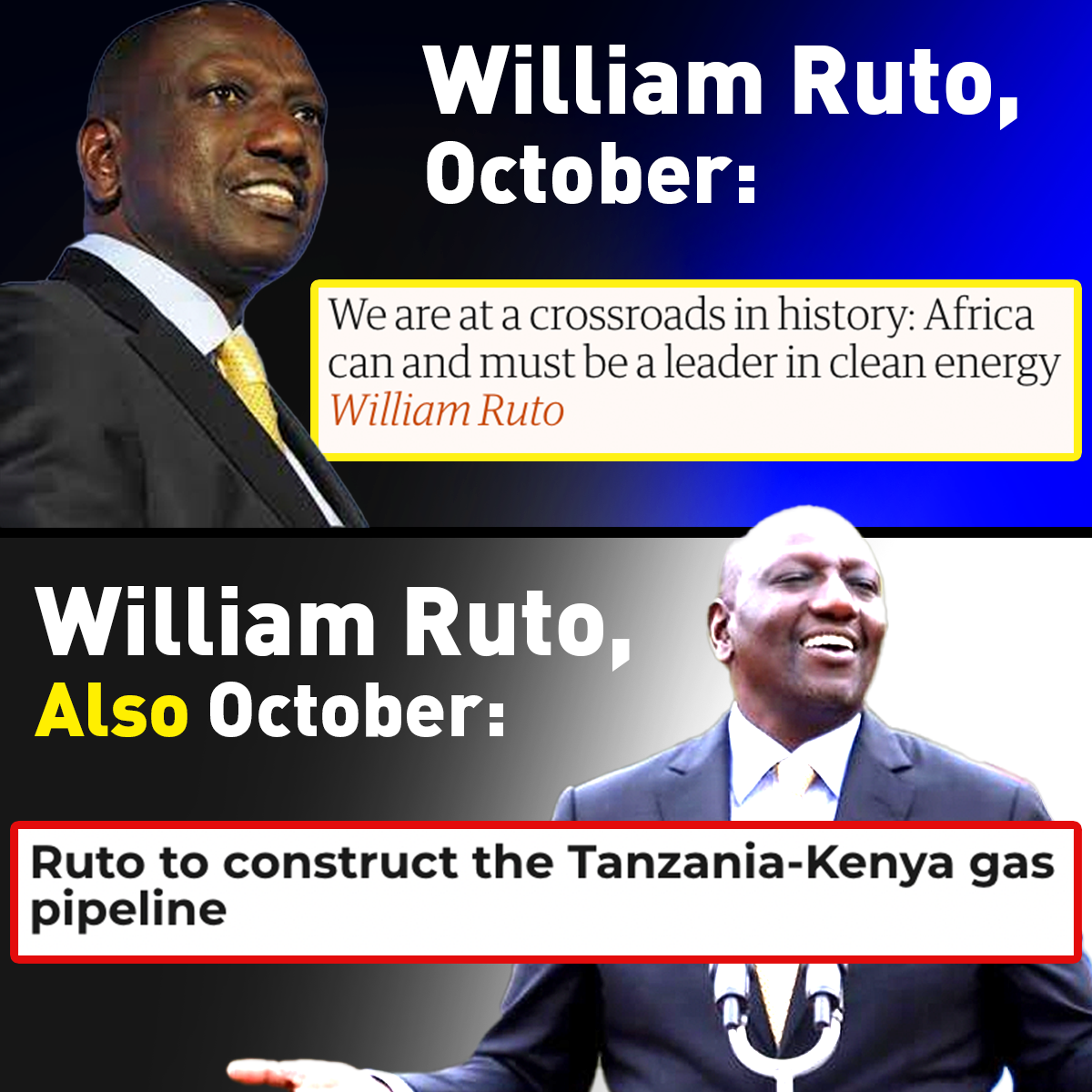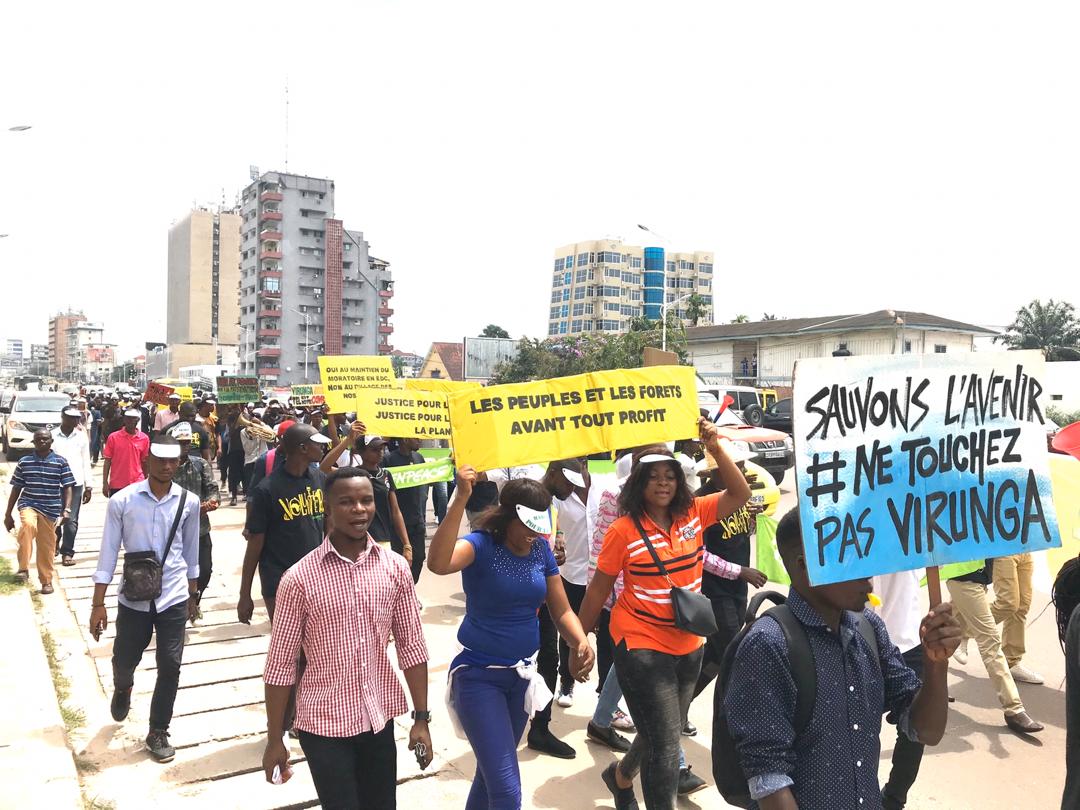-
REPORT | Exploring the Critical Minerals Landscape in Sub-Saharan Africa: Insights for Development Policy and Practice
This research report outlines how responsible mineral governance, formalisation of artisanal mining, and regional value-addition through AfCFTA can help ensure that local people, especially women and youth share in the economic gains of the transition. By aligning national policies with the African Union’s Green Minerals Strategy, Sub-Saharan Africa can drive inclusive development and avoid a new green resource curse.
-
The Cameroon we want for the next 7 years – electoral demands in Cameroon by the Movement for Climate Justice in Cameroon.
Cameroon, one of the six countries of the Congo Basin, is also confronted with these challenges. In response, Greenpeace Africa launched the Climate Justice Movement (CJM) in Cameroon — a coalition that brings together civil society, local and Indigenous communities, and young people around a shared vision of environmental justice and sustainable governance of natural…
-
REPORT: Unmasking the toll of fine particle pollution in South Africa
Our latest report, produced in partnership with the Centre for Research on Energy and Clean Air (CREA), goes beyond the headlines to reveal the hidden health crisis and economic burden caused by toxic air — and who is responsible.
-
Camouflaged destruction: Plundering of Campo Forests under the pretext of a so-called “Development” Project
On 16 February 2022, the Minister of Forestry and Wildlife signed a series of orders granting localized timber sales in the Campo Subdivision, Ocean Division, South Region.
-
GMOs: A neo-colonial technology undermining food and seed sovereignty in Kenya
Kenya has lifted its 10 year ban on Genetically Modified Organisms (GMOs). The World Health Organisation (WHO) defines GMOs as organisms (plants, animals or microorganisms) whose genetic material (DNA) has been altered in a way that does not occur naturally through mating and/or natural recombination.
-
GMOs: A neo-colonial technology undermining food and seed sovereignty in Kenya
Kenya has lifted its 10 year ban on Genetically Modified Organisms (GMOs). The World Health Organisation (WHO) defines GMOs as organisms (plants, animals or microorganisms) whose genetic material (DNA) has been altered in a way that does not occur naturally through mating and/or natural recombination.
-
GREENPEACE AFRICA COMMENTS ON ESKOM’S PROPOSED RETAIL TARIFF RESTRUCTURE PLANS
Greenpeace Africa would like to thank the National Energy Regulator of South Africa (“Nersa”) for inviting the public to share their input on Eskom’s proposed retail tariff restructuring plan. Eskom’s proposed tariff increase has the potential to gravely impact society, standards of living, our environment and our economy.
-
Greenpeace Africa calls for consistency in Ruto’s clean energy leadership
In a suprise turn of events, president Ruto has committed to building a natural gas pipeline from Tanzania's main city Dar es Salaam, to Kenya’s coastal city of Mombasa and later to the capital Nairobi.

